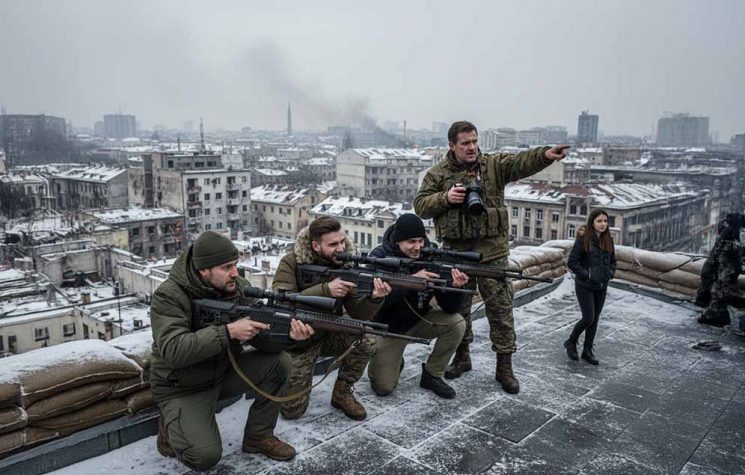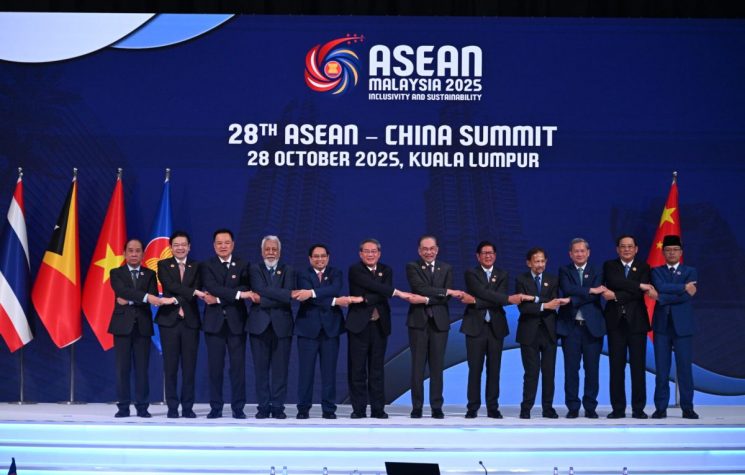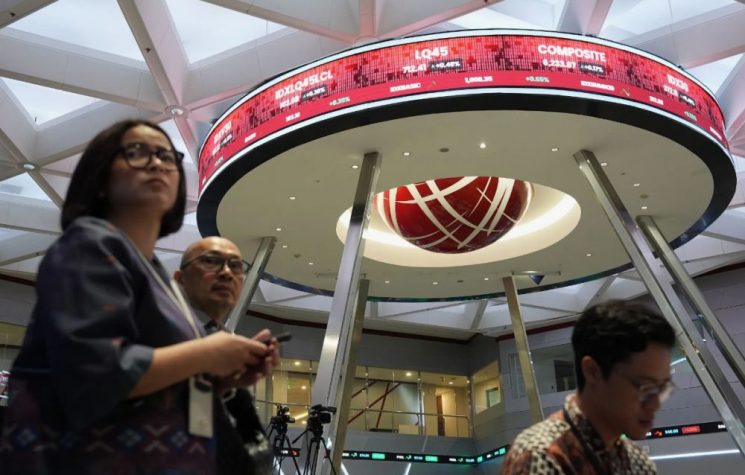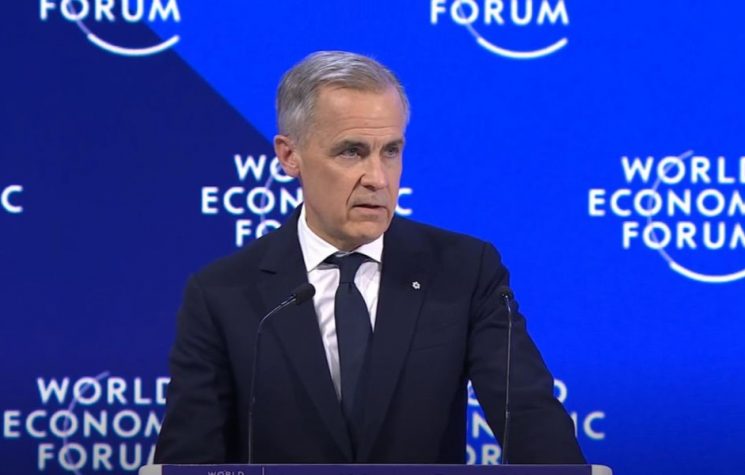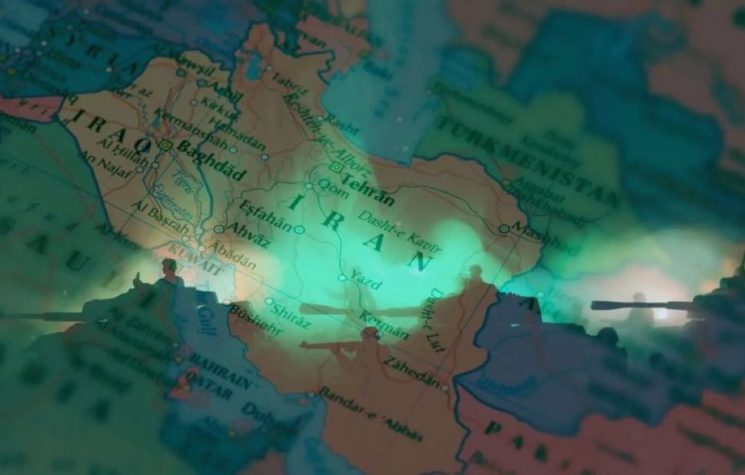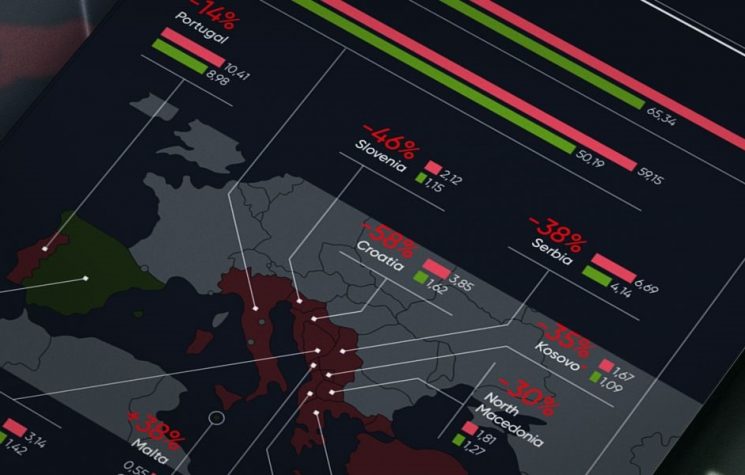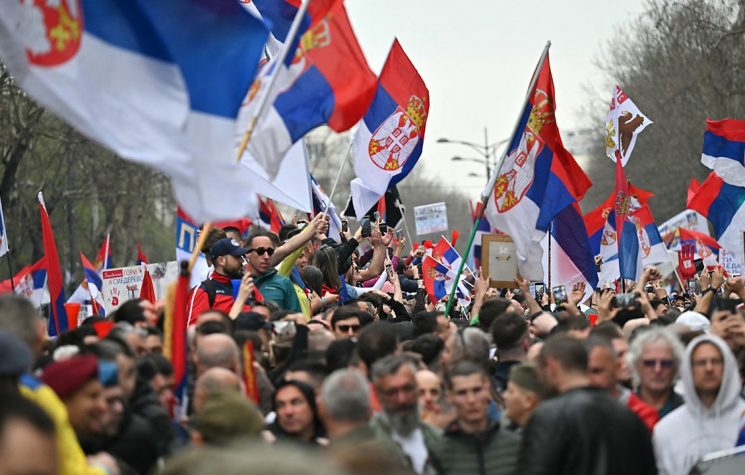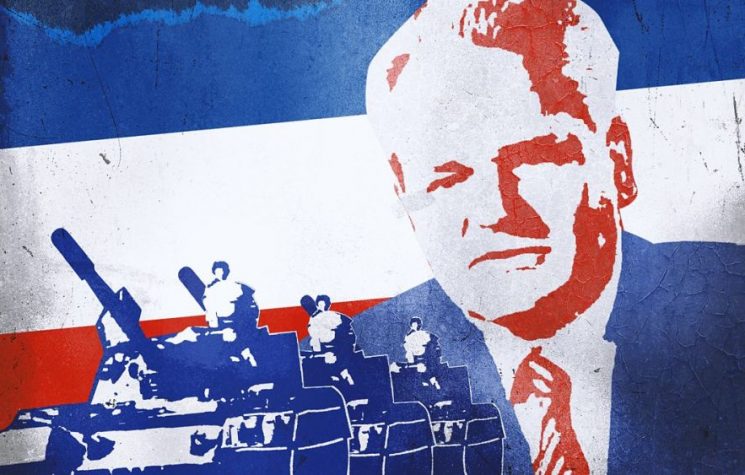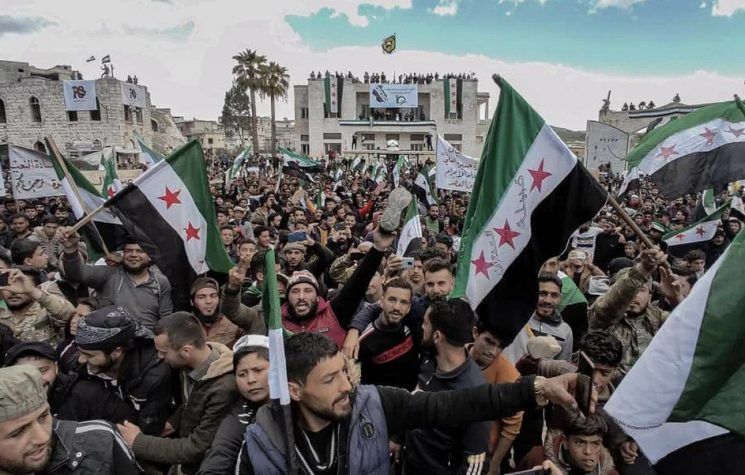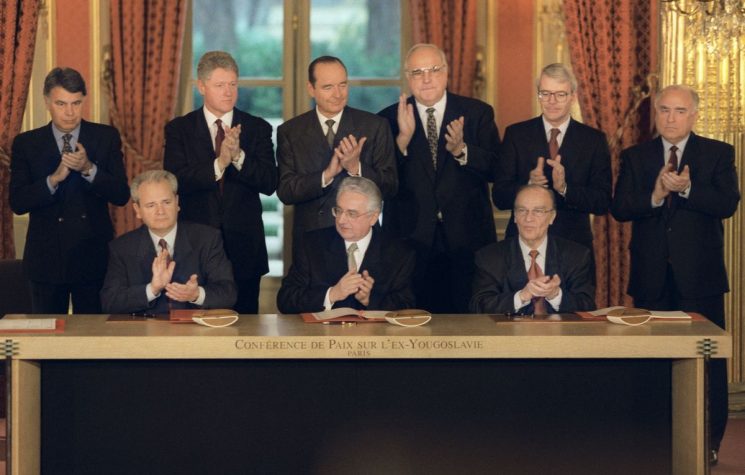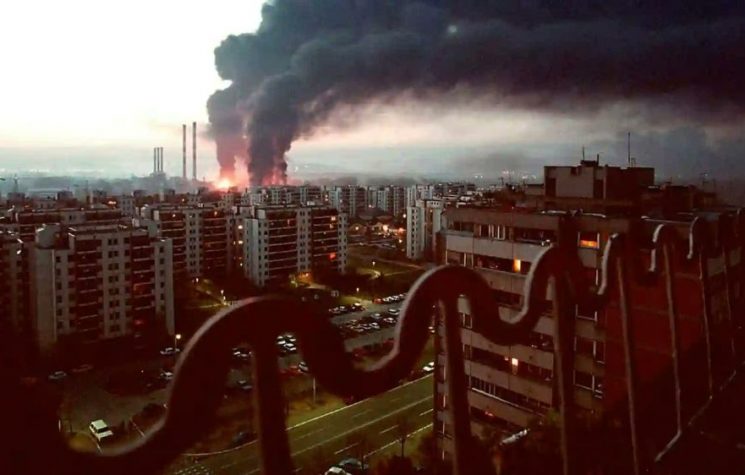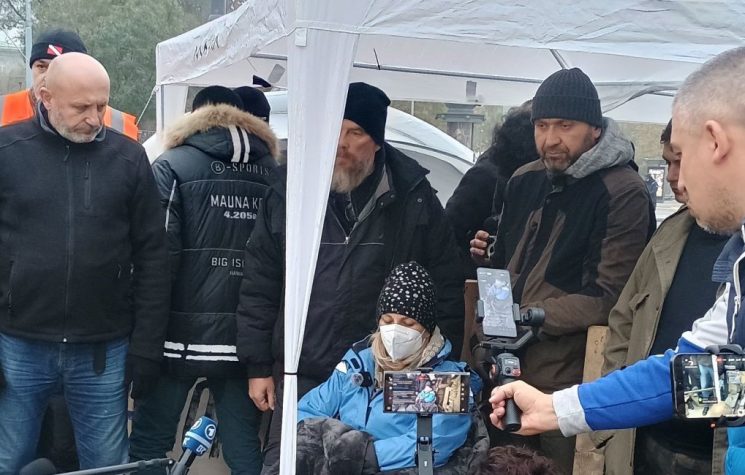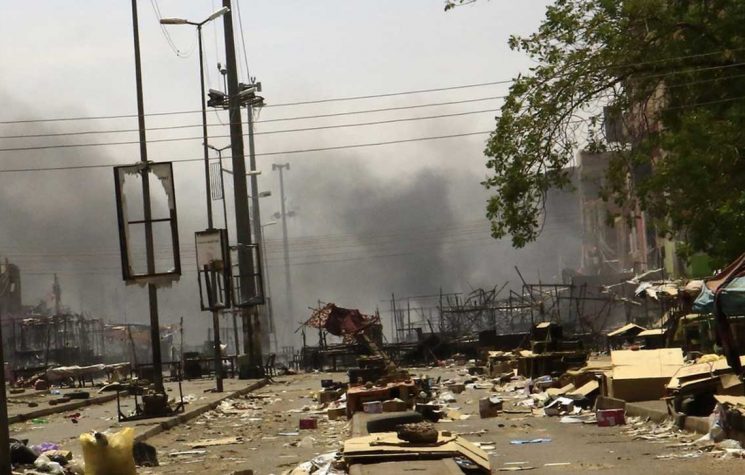If China wants peace, they should take the old Latin maxim to heart and prepare for war by getting some invaluable practical experience in Serbia, Srpska, Syria and Southern Sudan, Declan Hayes writes.
❗️Join us on Telegram ![]() , Twitter
, Twitter ![]() , and VK
, and VK ![]() .
.
Although Stephen Karganovic’s recent article argued that the Wagner Group should send peace-keeping forces to the Republic of Srpska, the greater hope should be that the Chinese Peoples’ Liberation Army (CPLA) would intervene not only in Srpska, but in all of Serbia, as well as in Syria and South Sudan for good measure.
Serbia is a no-brainer as the United States Air Force obliterated the sovereign Chinese soil of China’s Belgrade Embassy on May 7th 1999, murdering three Chinese journalists in the process. Though the Chinese jumped up and down outside the Yankee Embassy in Beijing about that, NATO believes that they are paper tigers, all bark and no bite and forever hiding behind Mother Russia’s apron strings.
Then there is the secular Syrian Arab Republic, where Russian forces have sacrificed their lives for that country’s sovereignty. What, besides sloth, stops the CPLA sending land, sea and air forces there to learn, as it were, at Russia’s feet?
And finally there is Southern Sudan where the CPLA got a bloody nose from a disparate group of rebel insurgents when they went there as part of a half-cocked UN peace-keeping force.
These three arenas show us that, despite all their toys, the CPLA has a lot to learn from the Russian Armed Forces and the battled-hardened Syrian Arab Army.
This was amply demonstrated in 2016 in the South Sudanese capital of Juba when the CPLA were caught on the hop and got a battering from a smattering of the militias operating there, with several Chinese soldiers being killed in the firefights that embroiled them. NATO propagandists were quick to jump all over this, with MI6’s hard-line Guardian newspaper claiming that “aid workers were raped in South Sudan [as] Chinese troops abandoned their posts rather than engage in fighting and protect civilians, says US-based rights group”. Not a good look at all for the CPLA, the Guardian and their US-based NGO collaborators smugly smirked.
The South Sudanese take away is that because the Chinese, who volunteered for this mission in large part to protect Chinese oil interests in Southern Sudan, were ill-equipped and ill-organised, they must quickly learn from their mistakes and, in future, bring their own autonomous fire power, either under the UN umbrella or under their own steam and under their own flag. The CPLA must use these UN junkets to accrue battle experience, for which there is no known substitute and, equally importantly, no known price tag.
This is especially true of the Battle for Syria, where Russian air, land and sea forces have performed with distinction and learned vital logistical and other lessons, which have been put to good use in Ukraine.
Although the recent flotilla of Russian and Chinese warships sailing between the Aleutian Islands and mainland Siberia and their subsequent anti-submarine, anti-aircraft, and rescue exercises are hopefully signs of better co-operation to come, China has a very long march ahead of it. Whereas the Russian Navy has already projected power to Syria and has engaged their NATO proxy enemy at close quarters in the Black Sea, the Chinese Navy has yet to get a proper test run for the American fire and brimstone that awaits them in the South China Sea.
Because Syria and Ukraine both offer China golden opportunities to project power in hostile environments, Chinese air, land and sea forces should, by any logic but their own navel-gazing one, be there in considerable numbers.
The Chinese seem to think that we are living not in the interesting times of 2023 but in the equally interesting times of 1793 when Emperor Quanlong told England’s King George 111 that the Middle Kingdom had no need of him, his envoys, or his country’s produce.
This was at a time, remember, when the wars of the French Revolution were coming to an end and when Napoleon lifted the Royal Navy’s Siege of Toulon before going on to change global military and political history.
No one is suggesting that the Chinese emulate Napoleon, only that they accumulate battle experience, the same sort of experience the Israelis accumulated with Wingate, as well as with the British, French and Soviet Armies prior to launching their 1948 ethnic cleansing campaign.
Though flush with cash, the Chinese Peoples’ Liberation Army lacks military experience, their 1979 punch up with the heroic Vietnamese Army notwithstanding. Although NATO’s assessment of the CPLA has moved on since 1979 when they regarded it as a standing joke, they still believe NATO has China outclassed in all fields up to and including nuclear war. That is also the view of the Council for Foreign Relations.
Although the U.S. Dept of Defense calls the Peoples’ Republic of China “the most consequential and systemic challenge to our national security and to a free and open international system”, the Yanks believe they have its measure not least because they have taken “China’s military modernization and defense strategy … elements of China’s economic policy and foreign policy … and how these all kind of fit together with the military and defense modernization in pursuit of its regional and global ambitions” into account.
The Chinese, like Emperor Quanlong before them, see no danger here. They pipe up about their Belt and Road Initiative (BRI) and its emerging reserve currency and bank.
But what is the BRI only a series of nodes linked together in an economic network, just as a bridge, the Kerch Bridge to take an example, or a pipeline, such as Nordstream, might be integrated into a much larger system. Or indeed an entire country like Libya or Iraq, both of which were destroyed by American shock and awe.
The Chinese are not the only ones making deals building, as it were, bridges of peace. Iran, for example, has been busy smoking the peace pipe with Vietnam, something that will not have escaped the eagle-eyed attention of our trigger happy NATO friends.
The truth of the matter is because corporate control pays a premium dividend, NATO will go to war with both China and Iran, as it formerly went to war with Vietnam, to retain the rents they accrue from being the world’s top dog. One need only look at Serbia, Syria, Iraq, Libya, Korea or all of South East Asia to see the savagery that is at NATO’s heart.
One can also look at Imran Khan’s Pakistan which NATO flipped on its back like a turtle and which NATO stands poised to leverage for the basest of reasons against both India and China. And, if Pakistan is not warning enough, there is always Vietnam, which NATO warlord Joe Biden plans to visit in early September as part of NATO’s efforts to surround China, which is considerably helped by China insisting on its ludicrous nine-dash line around the Spratly Islands in the South China Sea, which the Vietnamese tellingly call the East Sea.
Perhaps, as China yet again squares up to its former Vietnamese vassal, it might like to ponder where Pakistan and the Philippines now stand in NATO’s efforts to corral China. Or perhaps the Chinese might like to take a break from chanting Sun Tzu cliches and read Ecclesiastes 9:11-12 which, inter alia, tells us that the race does not go to the swift, nor the battle to the strong.
If the Bible offends their sensibilities, they might like to reconsider Deng Xiaoping’s quip that it doesn’t matter whether the cat is black or white, only that it catches the mouse. The U.S. Dept of State has not only read that but they have plenty of experience of killing mice, and cats and devastating entire countries like the Philippines and Vietnam for that matter.
And, if the Yanks do a Vietnam on parts of China, what has Beijing up its sleeve? Another protest at the Yankee Embassy when NATO flips them over paws-up like Pakistan? And cries for mutual understanding and peace, perhaps. But if China wants peace, they should take the old Latin maxim to heart and prepare for war by getting some invaluable practical experience in Serbia, Srpska, Syria and Southern Sudan. For no matter whether China wants war or peace, it should be in no doubt that its enemy not only wants war but is actively preparing for it in Srpska, Serbia, Syria, South Sudan and in China itself as well.











